Judith Barrington's Writing the Memoir
Chapter 8, 9, & Appendix
Writing (and publishing) a memoir can be nerve wracking. What if the people you’re writing about don’t like your portrayal of them? What if they hate it? What if they decide to sue?
In this episode we discuss the chapter (and appendix) that cover this memoirist’s fear in Judith Barrington’s book, Writing the Memoir — both from an emotional and legal perspective. We also talk about the importance of using place names in your memoir and practice the technique in our writing exercise.
And, check it out, we have a new intro (same music of course)!
Remember, we have a Writers Process/Writing Sprint meetup every Wednesday. Check us out.
The Writing Exercise
Think of a street name from a place you once lived. Describe that street in great detail. List stores or houses, anyone you know who lived there, things you remember happening on that street.
Naming Names (of Places)
Aka, Kim is not impressed
Now that we’re beyond the Craft Book Mid-Point Blues, we’ve entered into The Dregs of Writing Advice, which is the murky leftovers of at the end of books about writing that (arguably) need to be said, but are forever the third wheel. Just ask Kim, with her journalism background, how she feels about these two chapters. Ask her. We dare you. Or you could just listen to the episode. It’s probably safer that way…
Place Names

Of course, including the Proper Nouns of places in your memoir, such as street names and towns and freeways and stores of your time growing up in Appalachia or the Midwest or New Zealand or Nova Scotia goes without saying. Barrington, however, feels it needs a whole chapter.
“Names of cities, streets, buildings, rivers, and so on, not only carry history and image within them, they also convince a reader that the writer knows what she is talking about.”
Resonance
First, writing specific and often times proper nouns is an integral part of following the show, don’t tell rule. Barrington maintains the “name itself carries layers of history and image more apt than any image the writer could add.” We don’t disagree. Buy why is this the case?
According to Barrington, place names add Historical, Narrative, and Linguistic Resonance to your writing in ways you can’t recreate with description alone. For example, Historical Place Names can carry baggage (not all of it good, which is the point in this following example). Barrington includes a passage from Jamaica Kincaid’s memoir, “On Seeing England for the First Time,” to illustrate:
“The moment I wished every sentence, everything I knew, that began with England would end with: ‘and then it all died, we don’t know how, it just all died’ was when I saw the White Cliffs of Dover.’
First off: Wow. Just wow. What an amazing sentence. Second: without including the names England or The White Cliffs of Dover, Kincaid’s point would fall pretty flat. Kincaid could have said “a historical landmark” but it wouldn’t beg the question why in quite the same way. The White Cliffs of Dover makes us care. Historical landmark doesn’t paint quite capture the repressive post colonial resonance Kincaid’s going for.
Writing About Living People
Ever worry Aunt Mabel will take issue with the way you described her house in your memoir: ‘it was like a bomb went off in her house, if that bomb was filled with the dander of eight unneutered feral cats, five years worth of single serve Yoplait containers, and framed religious cross stitch with trite religious quotes such as: ‘trust in the lord’ and ‘bless this home.’ Such is the fear of many a memoirist when writing about living people. In this chapter, Barrington discusses not the legal (we’ll get to that in a second), but the ethical ramifications that comes with writing about living people.

So what’s a memoirist to do? Besides telling the truth, Barrington proposes three courses of action. First, you could “be selective about what to include.” (Yes, they may be plague ridden and feral, but those are Aunt Mabel’s fur babies). Second, you could show your writing to the person (which requires you to enter into that ammonia cloud Aunt Mable calls a sitting room for an afternoon). Thirdly, don’t worry about it until you’re about to publish because it’s hard enough to force yourself to sit there and get the work done.
In other words, consider whether it’s worth hurting Aunt Mabel’s feelings. Although she probably won’t sue, it would be a shame if she stopped sending you those handknitted socks with dangling pompoms every year.
Holy Lawsuit, Batman!
Probably the most anticipated chapter of Writing the Memoir isn’t a chapter at all, but an appendix. Here, Barrington includes a trove of “simplified facts about the laws that might apply to your memoir.” In the episode, we define each one, and (armed with Kim’s ever useful degree in Journalism) we discuss the various ways someone could sue a memoirist for Defamation and/or Invasion of Privacy. In the end, it all really comes down to telling the truth. The truth may not set you free, but at least it may save you from that snarling pack of Aunt Mabel’s legal team.
Defamation
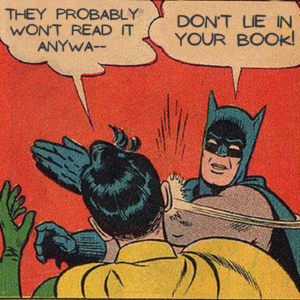
Whether it’s Libel (written) or Slander (verbal), what you write about could get you in trouble if what you publish about a person costs them in reputation and/or money. So what if Uncle Bob really did bury that body in the backyard? What’s a memoirist to do? Just make sure you’re telling the truth.
Invasion of Privacy/Protection of Personality Rights
Sometimes it’s not enough to tell the truth. In some cases, you may actually have to have said corpse to prove your allegations (or write the memoir after you lose the lawsuit). You should not only tell the truth, but have means to prove what you’re saying is true. If you can’t, it might just be your word against Uncle Bob’s (are you sure the body is still under the strawberry patch?).
But Wait...There's More...
What, exactly, does Invasion of Privacy entail? What’s a personality right and can Aunt Mabel’s cats sue on her behalf? If you want to know what, exactly, Aunt Mabel’s lawyer (or fur babies) might claim in court, you’ll just have to listen to this week’s episode.

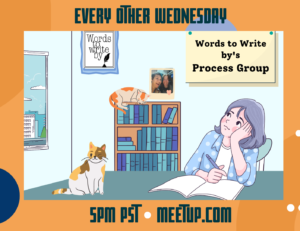
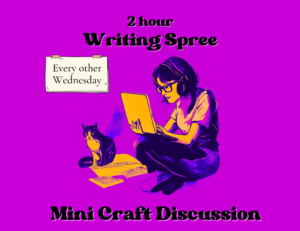
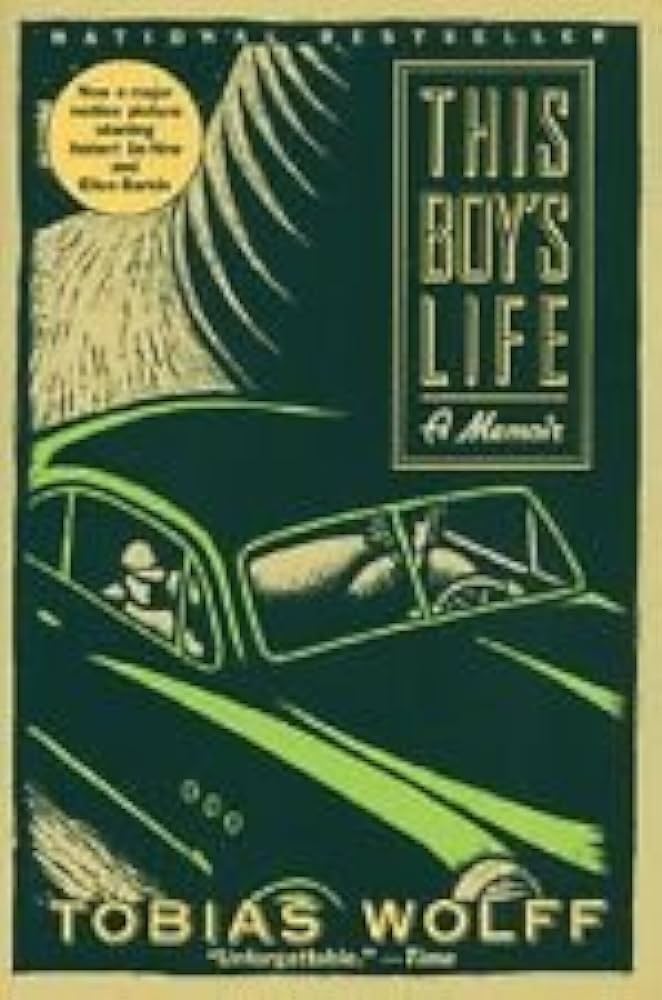


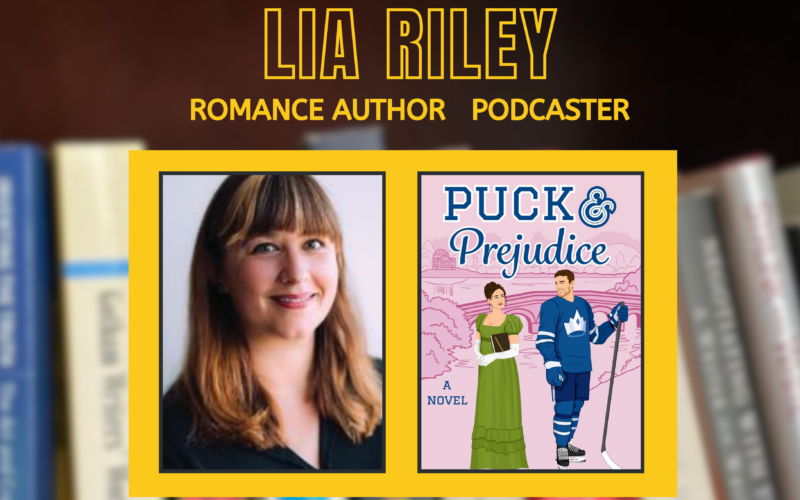
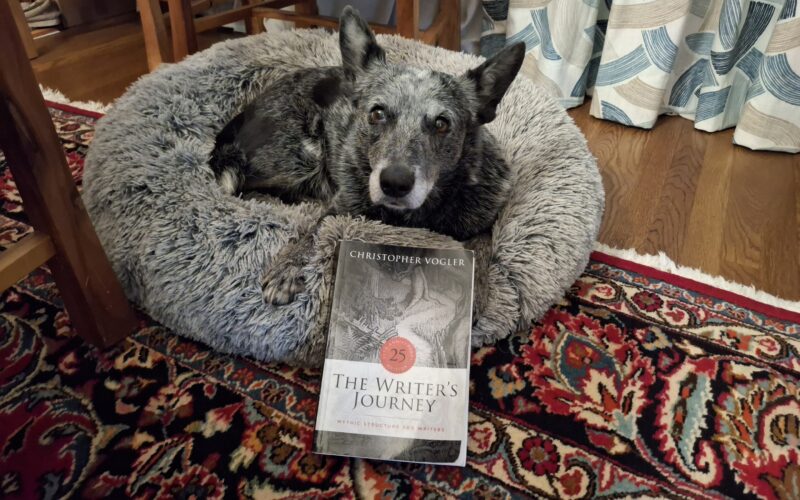
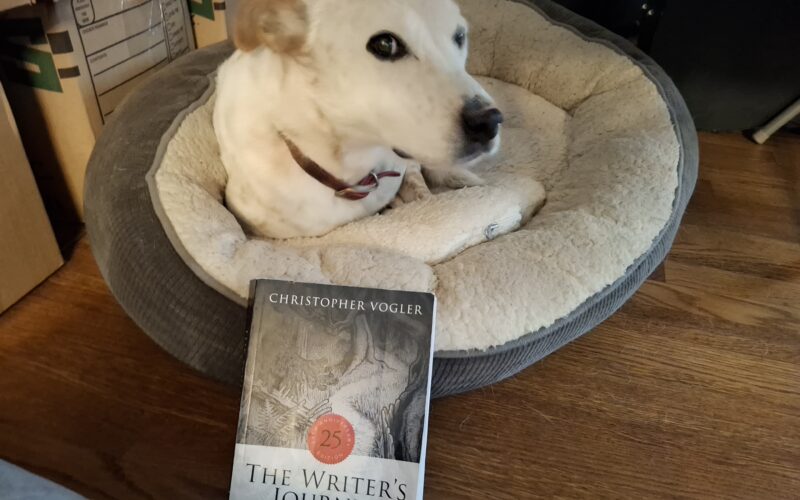
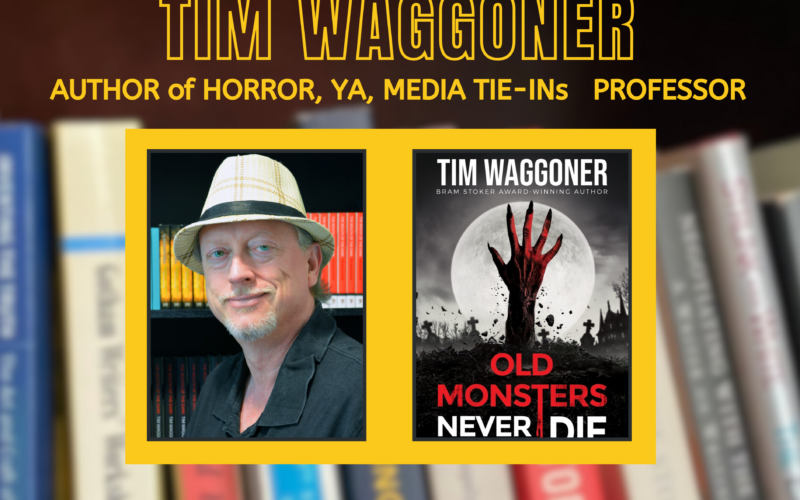
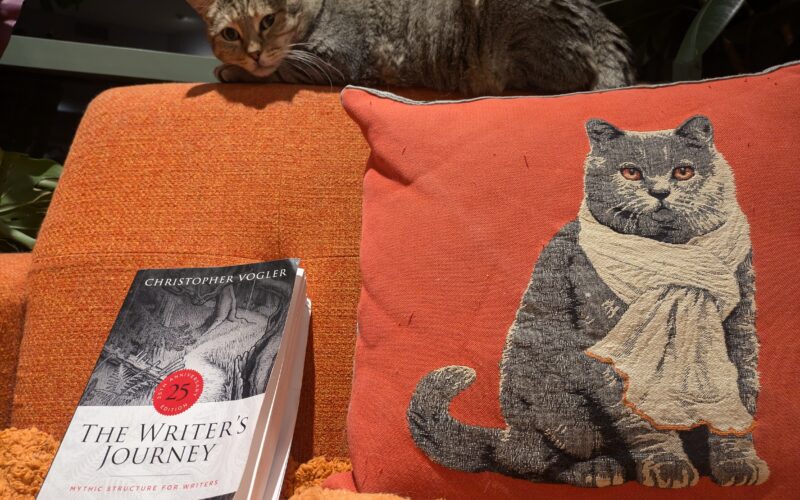
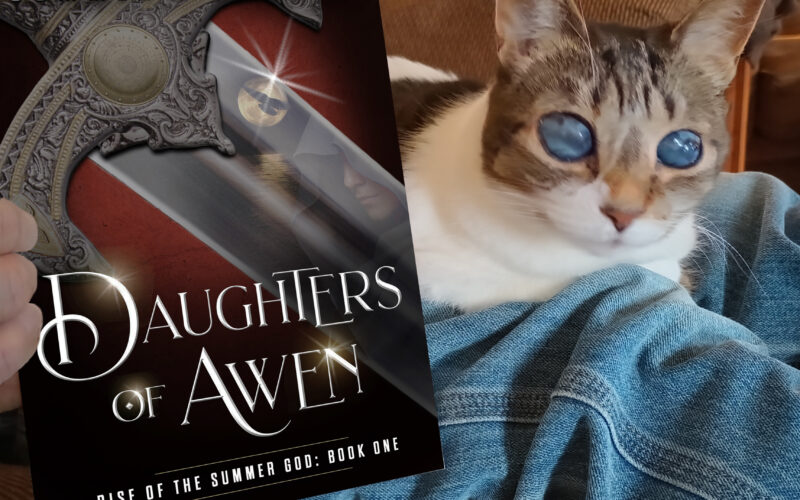

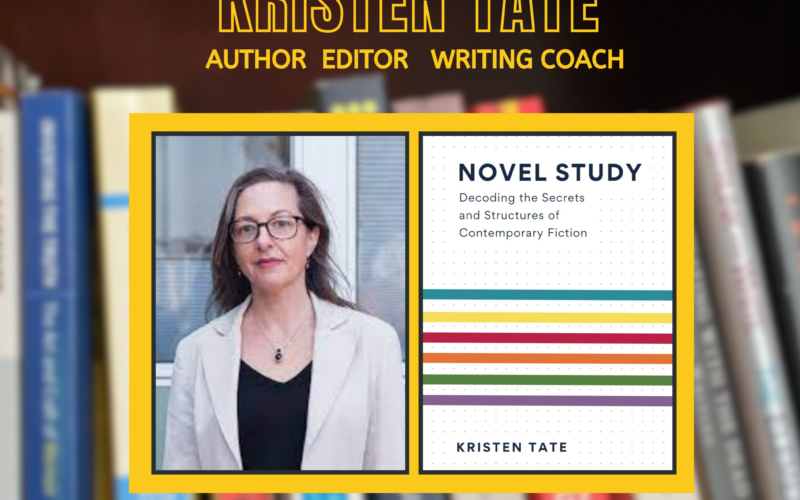
Not Your Usual Words to Write By: The AI Podcasting Challenge
Authors & AI SeriesEpisode 7: Not Your Usual Words to Write By: The AI Podcasting Challenge! Is nothing sacred? After exploring how AI might steal our writing jobs, we’re...